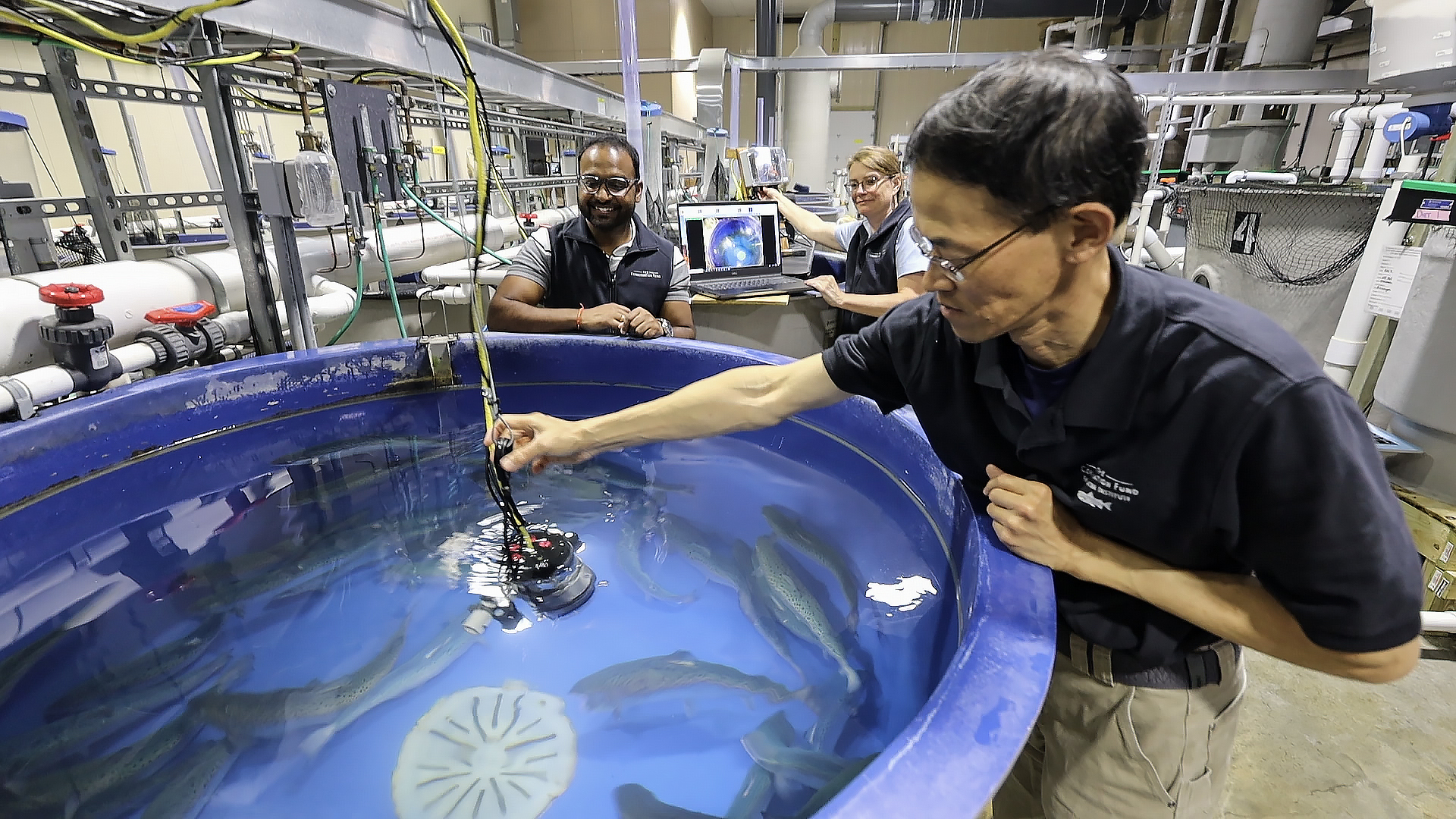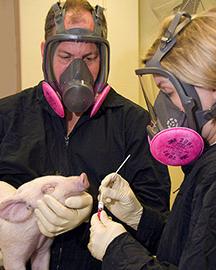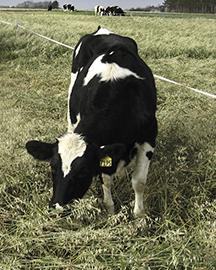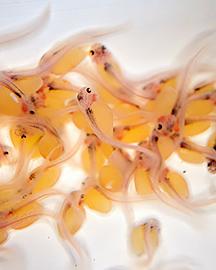AI is Catching on in Aquaculture
Although precision agriculture technologies have not been widely applied to U.S. aquaculture, they could be. Traditional hands-on methods for estimating numbers and sizes of fish in tanks can be stressful on the fish, and new technologies could help eliminate that. ARS-funded scientists in Shepherdstown, WV, developed an artificial intelligence (AI)-aided computer vision system for real-time monitoring of fish in recirculating aquaculture systems.
Underwater images and videos were acquired to train an AI fish detection model, and the developed vision system detected whole and partial fish in the field of view with more than 85% precision. These findings demonstrate the capability for precision technology to assist the non-invasive monitoring of fish condition, size, and number while also improving fish health, welfare, and production efficiency.







